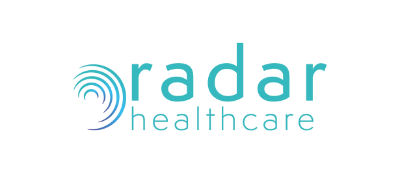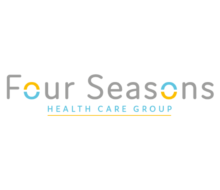What are risk management tools in healthcare?
13 April 2022
Tags:
One of the challenges faced by healthcare organisations is identifying potential risks, and then managing and mitigating these risks to ensure patient care isn’t jeopardised. If effective risk management isn’t in place, organisations are subject to not only harming patient safety but also financial losses through claims and litigation.
Examples of risks to patients
Within the health system, there are many different examples of risks, including those related to processes, compliance and technology. Some of these are incorrect diagnoses and medication errors, poor communication, security breaches of personal data, and being slow to act on results putting people at higher risk.
It’s vital that these healthcare risks are assessed and managed appropriately. There is only one way to do this effectively, and that’s by using a risk management tool. But out of the market, how do you choose which software is most suitable for your organisation?
How to choose the risk assessment tool for you
Risk management in healthcare isn’t just about identifying risks, it’s also about driving improvements to stop these risks from happening in the first place so that patients’ experience is improved and safer care is delivered.
Risk registers that fit your organisation
Managing risks isn’t the same in any two organisations, so you’ll want to ensure that your software allows you to assess risks fitting to you. To do this, you’ll need a flexible risk register that allows you to track your specific areas of concern.
Logging incidents and events when they do happen
A primary component of identifying risks is logging an incident when something doesn’t go right. Your risk management software should encourage your staff to log all incidents that occur day-to-day so that you can review and put plans in place to stop these from happening again.
Putting action and improvement plans in place
To learn from incidents and events, your software should trigger action and improvement plans for relevant staff members. This reduces any delay in carrying out tasks that will reduce risk.
Regular auditing to measure what’s going right and where needs improvement
A good risk assessment tool will include digital auditing where you can answer set questions to ensure your services are up to scratch. Any areas which score too low will be flagged and you’ll know to drive improvements in these areas so that on the next audit, the score will be brought back up.
Ensure staff training is up to date
Your workforce is the heart of your organisation so you’ll need to ensure that all training is kept on top of and not outdated. Look for software that tracks workforce compliance to help you avoid any of those high risks.
Complete oversight of all your risks
As well as all the above elements, the software you choose should provide you with oversight of all of your risks in an easy to digest manner. This may be in dashboards, so with one look, you can see the performance of your organisation. Intelligent analytics should show you what is and isn’t going right, as well as flag any patterns. Predictive analytics could show you how likely something is going to happen in the future, based on past data.
Sound too good to be true? Get all this and more in one place with Radar Healthcare
Radar Healthcare’s risk software allows you to effectively manage risks in a centralised place, while driving improvements to ensure your staff are providing the best care possible.
Spark Medical, a patient transport organisation and user of Radar Healthcare, found that their incident reporting rate increased 775% with our software, meaning that the CQC can see they’re accurately reporting and actioning incidents to reduce risks in future.
By using Radar Healthcare, Four Seasons Health Care Group have replaced 3 systems with one, making them more efficient and saving 65% in system license fees.













